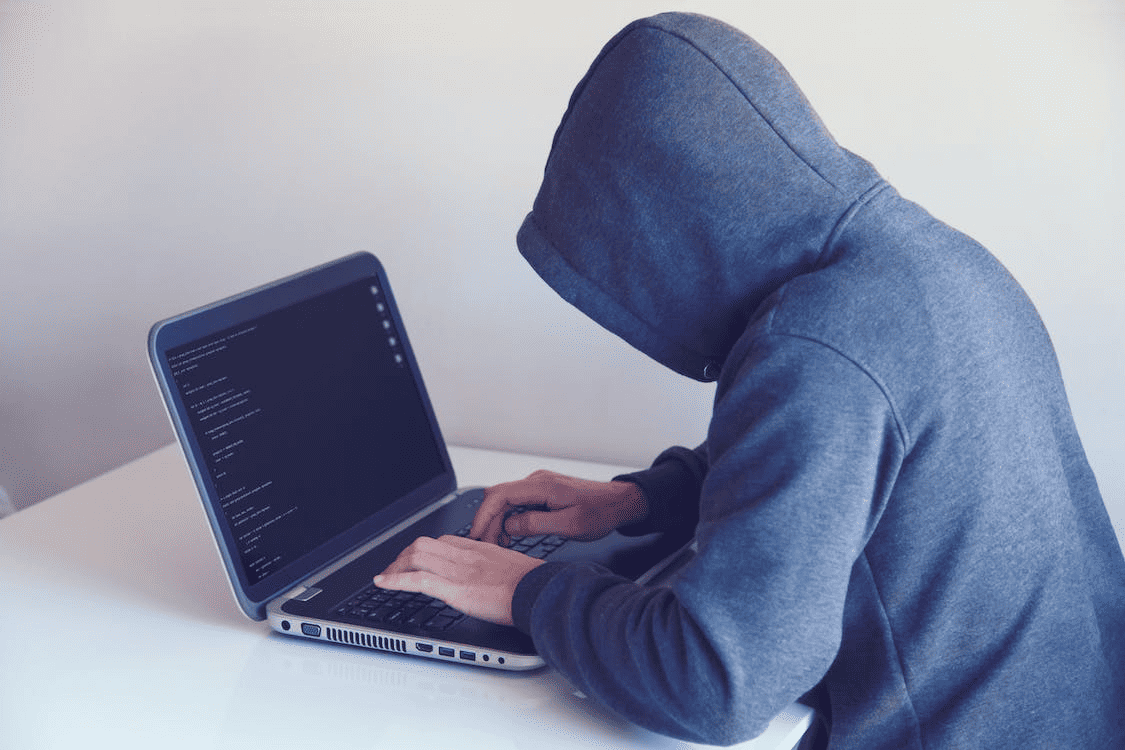The increasing use of technology is leading to new challenges in terms of security and privacy. The ethical use of digital forensics is an essential consideration as it involves gathering, preserving, and analyzing electronic data while supporting legal investigative processes.
Though digital forensics is a valuable tool when it comes to organizations’ law enforcement, it leads to critical ethical questions on how investigation needs should be balanced with the individual’s privacy concerns. This guide will focus on the importance of ethical considerations in digital forensics and how forensic experts adhere to them.
Importance Of Ethical Considerations In Digital Forensics
Investigators in digital forensic investigations extract evidence from various digital media and devices. But the extraction method unlocks a way for these professionals to intrude on the privacy of the business or an individual.
When detecting fraud, a digital forensic consultant will gather and analyze the digital evidence associated with fraud that has occurred and then present it in the courtroom to prove the convict. There are no technical or legal structures implemented to keep track of the investigation procedures to avoid encroachment of privacy.
However, the United Nations emphasizes the privacy of a user’s personal data. Due to the increasing use of digital devices, a vast volume of personal data is created.

Digital Forensics Examinations – An Overview
A digital forensic examination occurs after the computing devices are confiscated. Automated forensic software helps recover the information that is no longer there in the system because the owner removes it for obvious reasons.
These methods allow experts to link information through several sources, leading to new investigation participants whose privacy may be infringed. Moreover, lack of details when determining items that were deliberately deleted often results in mis-accusations.
The investigation procedure requires legal support to safeguard the victims’ and suspects’ data privacy during eventual legal hearings and inquiries. Lawyers must be aware of the regulatory rules that ensure data protection, while the offenders and suspects should also pay close attention to their privacy rights.
Challenges with Maintaining Privacy During an Investigation
Depending on the crime committed and the type of inquiry, laws can substantially vary and rely heavily on the procedures and techniques used by forensic consultants. This makes the legislation more complex and difficult or impossible to implement.
Considering the number of devices that most individuals possess and the volume of information or data they contain, conducting a digital investigation while preserving the users’ privacy is one of the biggest challenges that our digital forensic experts at Eclipse Forensic can address.
Avoiding Privacy Infringement
Professional digital forensic consultants will implement several methods to avoid privacy infringement of users during investigations. This not only shields users but also digital forensic experts from being guilty of violating privacy.
Falling victim to cybercrime can feel violated to allow access to your company’s devices or digital networks to forensic investigators and law enforcement. Corporations are usually concerned about how their clients’ data and other sensitive information will be used during an investigation.
Your employees, clients, and computing system users deserve to have all Personal Identifiable Information (PII) protected during a forensics investigation. After a cyberattack or breach, the data stored on your databases, computers, networks, and mobile devices is a major source of concern for business owners.
Experienced digital forensic professionals protect user data while assuring privacy via encryption and other data-hiding techniques. They also recover passwords, discover hidden data, recover deleted items, and access encrypted files to ensure privacy. By understanding data sources, storage locations, and uses, they track data access.
Strategies to Protect Privacy During Investigation
Some of the most effective strategies your company can implement to protect its privacy during an investigation include:
- Using redactive technology that helps redact PII from digital storage.
- Automating the process of responding to data requests in a manner that utilizes redaction for improved protection of PII, including legally binding requests such as court orders and public record requests.
- Hiring a digital forensics expert to determine any gaps in the investigation process and improve privacy.
Hiring a Digital Forensics Investigator for Privacy Protection
Not all forensic investigations involve law enforcement. You can partner with a digital forensics company for situations like:
- When you want to have an investigation conducted after a cybercrime,
- When you want to identify how data from networks, devices, and computers was misused — even when the involvement of the police is unnecessary.
- When you want to assess the current procedures and policies to identify gaps or find mistakes in your company’s security system.
If you’re concerned about how data will be gathered, managed, and stored at your organization, bring in digital forensic experts that are trained to protect your privacy.

A Digital Forensic Investigator’s Perspective
A digital forensic investigator collects, preserves, and analyzes evidence in the form of data to recreate a crime scene. The advent of several techniques and tools during a digital forensic investigation has improved the process while preventing privacy infringement to a great extent.
So you should always hire experts that have years of experience in data security and are professional enough to deal with confidential and private data of the suspects during an investigation process. Since hiding certain information can hinder the investigation process, you must partner with forensics experts that are allowed access to all kinds of data while you can rest assured that your privacy won’t be compromised.
When it comes to using the latest technology during an investigation, certain factors affecting data protection and digital forensics must be taken into account.
Other Considerations
An ethical consideration in digital forensics is the risk of privacy invasion. Investigators, in some cases, can access sensitive information without acquiring proper consent or a warrant. As a result, the individual’s or company’s right to privacy is violated. In 2016, for example, the FBI called for Apple to form a backdoor to allow access to an iPhone. But Apple viewed this as a dangerous undertaking in terms of its security and privacy.
Another issue is the risk of discrimination and bias while collecting and analyzing digital evidence. Gender and racial biases are important factors to consider in this issue. This kind of bias is likely to have serious consequences like wrongful convictions and arrests, highlighting the need for better scrutiny and reassessing digital forensics practices.
In addition to ethical concerns, reliability, and accuracy is another issue in digital forensics. With technological advancements, falsifying and manipulating digital evidence has become much easier. As a result, the credibility of a forensic investigation can be compromised.
Regardless of these challenges, digital forensics is an important tool for organizations and law enforcement. In several cases, it helps solve crimes, but companies and users must ensure that all investigations are ethically conducted. This requires these professionals to have a strong commitment to accountability, oversight, and transparency, as well as education and ongoing training for forensic investigators.

Ethical Digital Forensics Practices
One way to ensure that digital forensic practices are ethically conducted is to comply with the guidelines and standards of the industry. The American Society of Crime Laboratory Directors, for example, has developed certain standards for outlining best practices for gathering, analyzing, and managing digital evidence.
These standards ensure reliability and consistency in forensic investigations to mitigate the ethical concerns related to digital forensics. Another approach is promoting dialogue and greater collaboration between privacy advocates, forensic investigators, and other stakeholders. These groups can detect areas of concern by working collaboratively and developing solutions. This strikes a balance between investigative needs and privacy concerns. As a result, credibility and trust are built in digital forensics practices.
Work with Skilled Digital Forensics Experts
If you want to conduct a digital forensic investigation for your company, you will need professional support.
Eclipse Forensics is a leading digital forensics company based in Florida, where our professionals offer services such as mobile device forensics, image redaction, and video analysis. We also provide expert witness testimony for legal proceedings.
Get in touch with our team to learn more.

